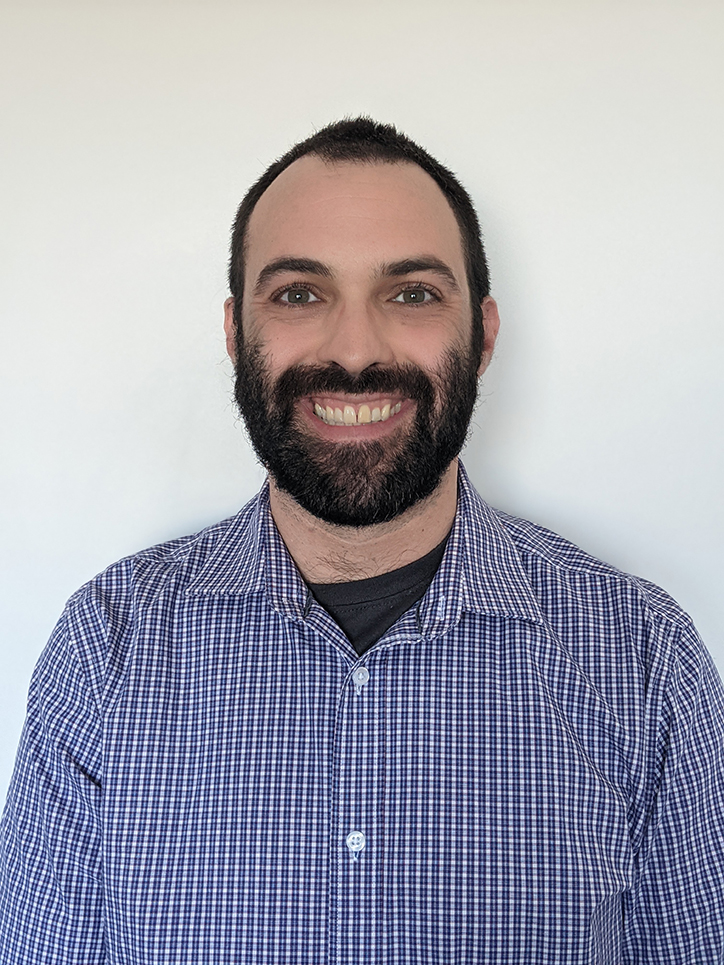Should I Assess Student Reflections?
By Brian Nairn

Over the past few years, I have spent a lot of time in the realm of experiential education (EE) in my role as an educational developer. Now, for those of you maybe less familiar with EE, or if you want to learn more, here is the token shameless plug highlighting what the Teaching Commons can offer.
Ultimately, the point of this post is not to go on about the support we offer or to delve too much into the principles of EE (though I am more than happy to have that conversation with you if you want to send me an email). But I do want to touch a bit on the “R” word of EE…Reflection.
Reflection is the heart of EE. Often, it is also the bane of the existence for those engaging with EE, both from a student perspective and a faculty one as well. Without reflection, we miss out on the “education” part of the experience. As my colleague, and EE wizard at the Teaching Commons, Lisa Endersby likes to say “students have experiences in university all the time, but that doesn’t necessarily lead to learning”. *
*Maybe not a direct quote, but something along those lines.
One of the big challenges when it comes to student reflections in response to an experience is whether or not to assess that reflection. Often, I hear from both students and faculty members something like “but if a reflection is someone’s opinion or recounting of their own experience, how can it be graded fairly?”
And that my friends, is a great question. Also, not one that I particularly want to try to answer right now…the how to grade a reflection. What I would like to offer though, are a few thoughts that might help guide you (as an instructor of EE) on whether or not to even assess a reflection at all.
So at this point, I invite you to watch the very short (literally 3 minute) video below that outlines some prompting questions that might help you think about whether or not an assessment of a particular reflection is needed. Again, this is not a how-to type of video, but just a sneaky way to get you to reflect on reflections (things just got pretty deep there).
I hope you find this clip useful, and as always don’t be shy in reaching out if you would like to discuss any of this further.
About the Author
Brian Nairn is an educational developer at York University. He is the liaison developer for the Faculty of Science, but also works closely with all faculty members and graduate students in supporting their teaching, with the aim of providing the best student experience possible. Brian is particularly interested in the areas of experiential education, eLearning, and curriculum development.
